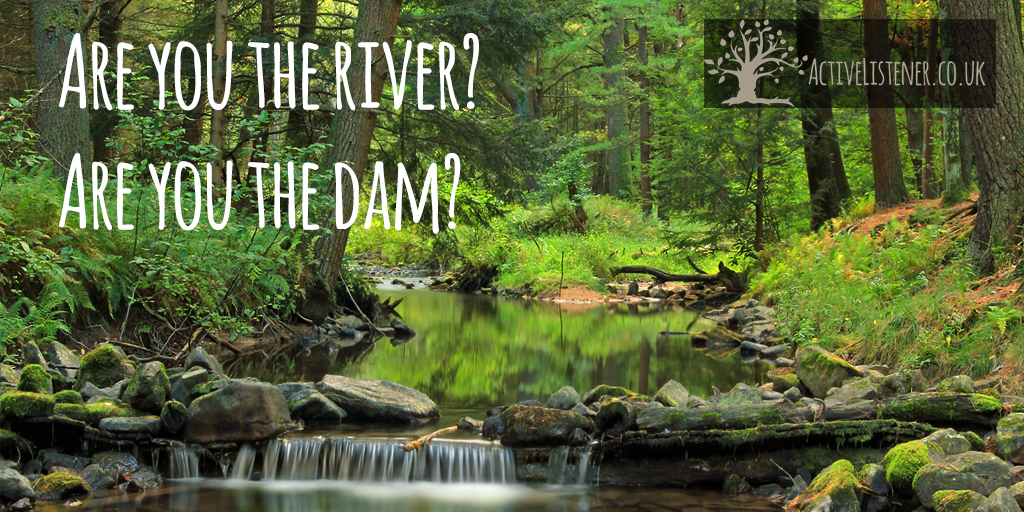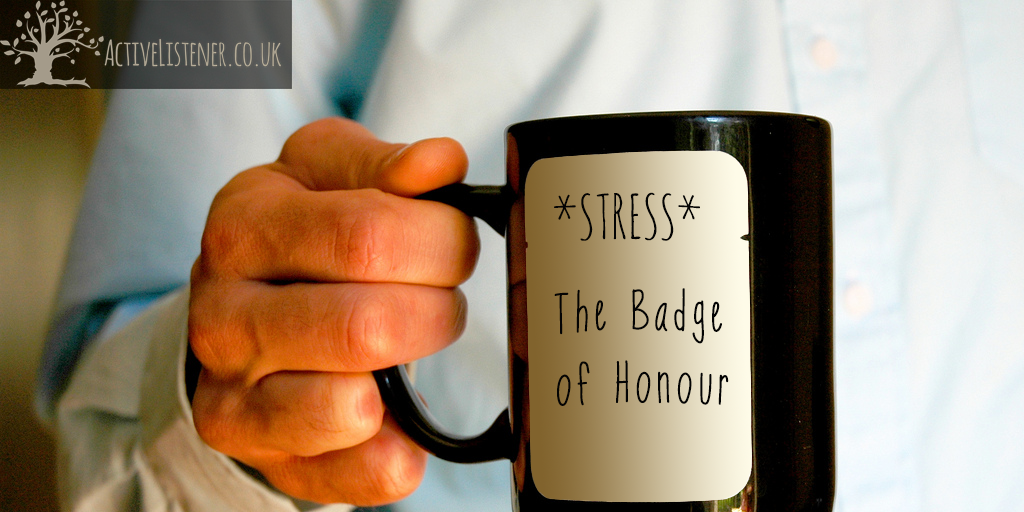There is question that comes up frequently in therapy from clients who have already done a great deal of work to explore themselves and understand the source(s) of their struggle:
“All of this awareness of why I am the way I am,
why I do the things I do, is all well and good.
Now I know all of this, what do I do next?!”
It’s a very good question and one I asked in my own therapy and still ask of myself from time to time.
By way of explanation I would like to tell you about a program I heard on the radio recently about lobsters. Yes that’s right, lobsters. Don’t ask.
So apparently lobsters form their own hard outer shell to protect themselves from predators and to harden up their claws. OK, yes I knew that much. What I didn’t know is that while that shell is doing an excellent job of protecting them from the outside world, the lobster continues to grow and inevitably begins to fill and push against it. After a while this begins to get really really uncomfortable.
This might be sounding familiar to you already; maybe, like so many of us, somewhere in your past you created an excellent way of being; one that would ensure your safety in your environment back then.
For example, someone, we’ll call him Paul, when he was a young child, when he cried to be comforted, no-one ever came, he was ignored. As a consequence of this neglect he quickly developed an unconscious defence not to have any expectations of others, that way people couldn’t let him down because that’s how life is. He wouldn’t experience that hurt again. He was safe.
However, as his life progressed into adulthood, having forgotten those memories and now unaware of his safety mechanism, he found relationship after relationship to be unfulfilling and he was increasing lonely and depressed. This is where he came to counselling, his shell had become too tight. His defence of not allowing himself to trust, was stopping him living life to the full.
So back to the lobster. Even when she knows that her shell is now too small, she knows that to shed it will leave her completely vulnerable to the outside world. On top of that her claws are going to also be pretty useless. So despite the discomfort and despite the knowledge that she cannot stay in this shell, she will resist leaving it as long as possible.
This is the point that clients ask the question above. So what now? At some point we have to decide if we leave that shell behind and develop a new one.
Paul has now done a great deal of work in therapy and is fully aware of his self-made defences. He realises that to achieve his goal of having a meaningful relationship, he will need to leave the shell and allow himself to trust someone else. But wow, how dangerous and scary that seems.
“What if I get hurt? I think I’ll stay here a little longer.”
This point in therapy can be the hardest. Having been through all the pain of recollection and recognition, now we have come to an impasse; We have understood how and why we sabotage in the way that we do, how on earth do we stop doing it? Even though we know that once we’ve left the shell we are only vulnerable for a while, we are still vulnerable.
This is the curse of becoming aware of ourselves and why we act in the way we do: now when we catch ourselves doing it, we know that to continue is a choice. From here on, we are actively deciding to sabotage ourselves.
From within the safety of the too-small shell, in the counselling room, we can choose to try out the very things that we are afraid of; e.g. trusting another person, telling them exactly what we think of them, allowing them to see all of our dark corners, having expectations of someone else. If it can work here, maybe we can choose to try it elsewhere.











